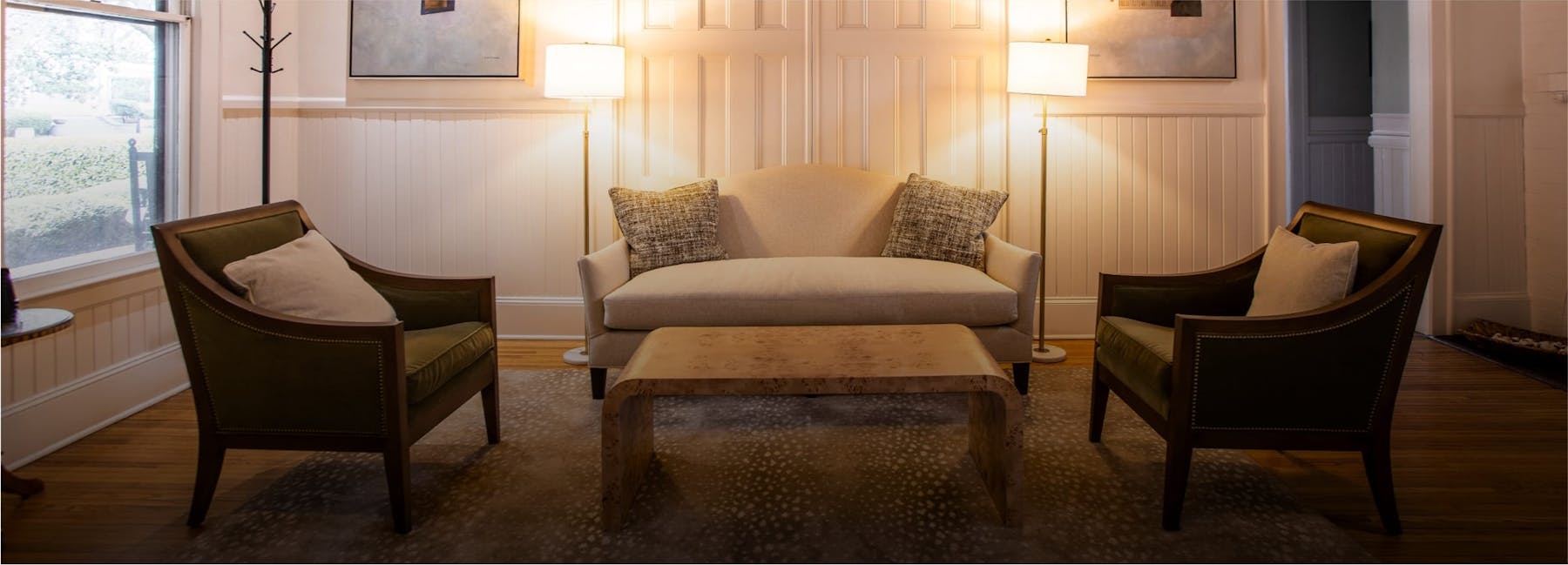
Let's Go To Mediation! - Part III
Mediation Series Part III: The Ins and Outs of Mediation
Before I dive into part three, let's take a moment to review a few key elements of this multi-part series on mediation. In part one, "Let's Go to Mediation,"; (add hyperlink) I introduce the purpose of mediation, explain the neutral mediator's role in assisting parties, and discuss some of the benefits of participating in mediation. In part two, "Tips from the Mediator,"; (add hyperlink) I describe how best to prepare for mediation. Now in part three below, I'll answer some of the most commonly asked questions about the mediation process.
Where does mediation take place?
Mediations may take place at any agreed upon location. Typically, mediations are held at the mediator's office or at the office of either party's attorney.
How much does mediation cost and who pays?
In addition to paying for your attorney to appear with you at mediation (assuming you have an attorney), the mediator will charge his/her time by the hour. In Mecklenburg County, the cost of hiring a mediator ranges from $150 to $350 per hour (or more), plus an additional administrative fee. Court-appointed mediators charge $175 per hour, plus a one-time administrative fee of $175. Typically, parties split the mediator's charges, unless they agree otherwise.
How long should I plan to be at the mediation? How many sessions will I need?
Depending on the issues and complexity of your case, you should plan to be available to mediate for an entire day. Yes, some mediations can produce a settlement in a few hours. However, it is important for the mediator to hear from both parties (and their attorneys), review pertinent documents, and deliver proposals and counter-proposals. Oftentimes, only one mediation session is necessary. However, some cases will need more than one session to reach a resolution.
Do I have to be in the same room as the other spouse/parent?
No, parties are not required to be in the same room for mediation. Many mediation sessions begin with both parties in the same room for an introductory meeting and for the mediator to describe the rules of mediation, but thereafter the parties move to separate rooms.
Do I need an attorney?
No, you are not required to have an attorney in order to participate in mediation. That said, having an attorney advocate your positions and discuss the law and your options can be more efficient and effective in reaching a resolution.
What issues are discussed and in what order?
The parties (and their attorneys) determine what issues to discuss and in what order.
Dan Lewis is a family law attorney and certified North Carolina Family Financial Mediator. He represents clients in cases involving child custody, child support, equitable distribution, alimony, and domestic violence. He also serves as both a private mediator and court-appointed mediator.

Article by Dan Lewis


